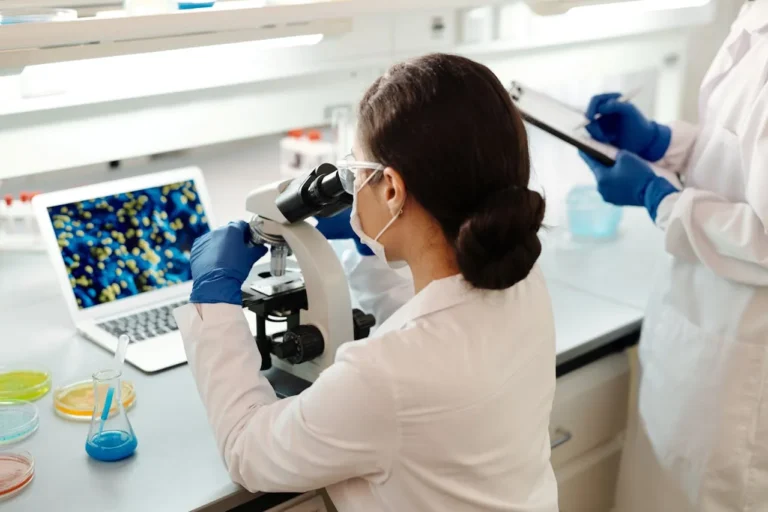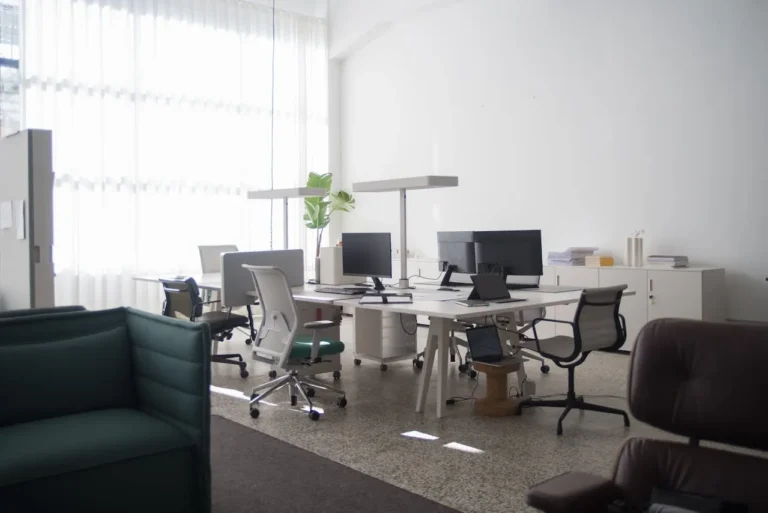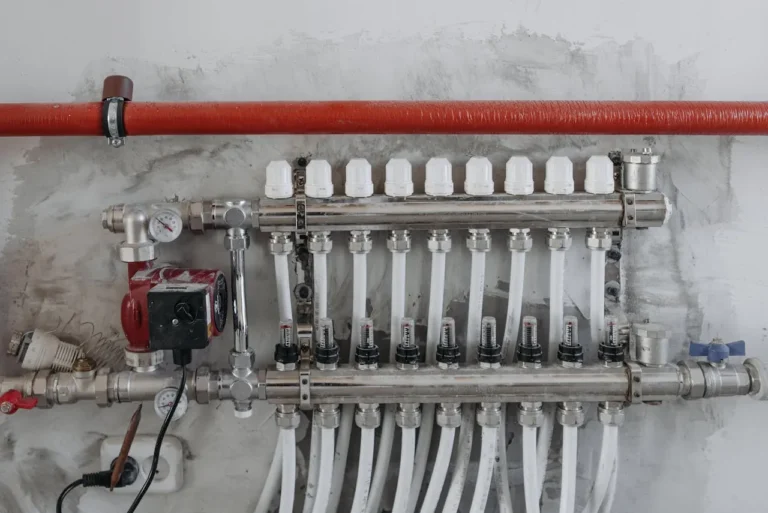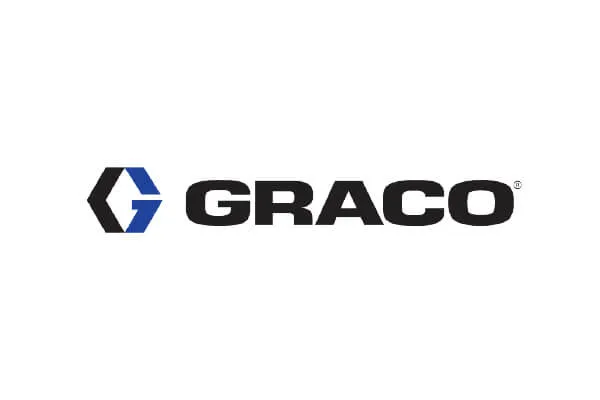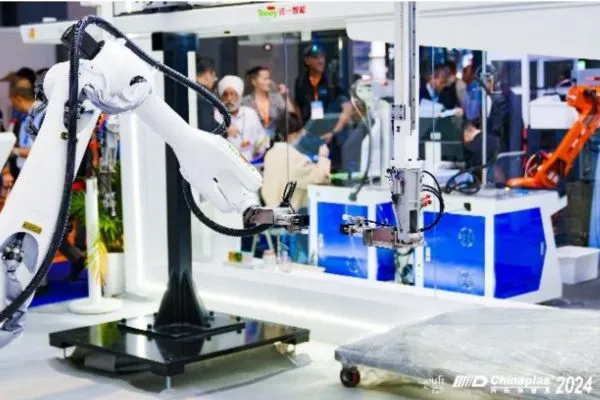
BASF at CHINAPLAS 2025: Catalyzing a Net-Zero Future Through Sustainable Innovation and Strategic Co-Creation
BASF Showcases At CHINAPLAS 2025, one of the world’s largest trade fairs for plastics and rubber, BASF once again demonstrated its unwavering commitment to sustainability and innovation by showcasing a series of transformative solutions. These innovations span across the entire plastics lifecycle—MAKE–USE–RECYCLE—and reinforce BASF’s long-term vision of empowering customers to achieve their green transformation objectives.
BASF Showcases Held under the banner of, BASF’s presence at CHINAPLAS emphasized how the company is addressing the pressing environmental challenges facing the plastics industry. Through a blend of cutting-edge technologies, customer-centric co-creations, and industry partnerships, BASF aims to accelerate the transition toward a circular economy and a climate-neutral future.
Sustainability as a Strategic Imperative
“BASF Showcases Sustainability is no longer a trend—it’s the foundation on which the future of the plastics industry is being built,” said Andy Postlethwaite, Senior Vice President, Performance Materials Asia Pacific, BASF. “Our strategy is focused on innovation, co-creation, and collaborative projects that help our customers reach their sustainability goals while remaining cost-effective and competitive.”
Postlethwaite emphasized that CHINAPLAS 2025 presents a pivotal moment for industry players to unite in driving forward sustainable practices. “We are excited to showcase solutions that not only respond to market demands but also challenge and expand the possibilities within the plastics space,” he noted. “This event is also a key opportunity to engage in meaningful conversations with our partners, foster collaboration, and accelerate the journey to a net-zero future.”
Transforming the Plastics Lifecycle: From Production to Recycling
BASF Showcases At the heart of BASF’s exhibition is its vision for transforming the entire lifecycle of plastic materials—from how they are made, to how they are used, and ultimately, how they can be recycled. By tackling all three phases holistically, BASF provides the tools and expertise needed for the plastics industry to move away from linear production models and toward circular systems.
Visitors to BASF Showcases booth are introduced to specific materials solutions along product value chains that are designed for environmental performance and end-of-life recyclability. These include formulations for lightweighting, durable performance in demanding applications, and design for disassembly—key enablers of circular design principles.
BASF Showcases The company is also spotlighting innovations that help extend the lifecycle of plastic products, reduce energy consumption during manufacturing, and integrate bio-based or recycled feedstocks into mainstream production. All of these approaches align with BASF’s long-term commitment to climate neutrality and resource efficiency.
Digital Tools for Transparency: The PACIFIC App and PCF Data Exchange
BASF Showcases To support transparency and traceability across the plastics value chain, BASF is also offering a hands-on demonstration of the PACIFIC app at CHINAPLAS 2025. Developed jointly by BASF and CircularTree, the PACIFIC app is an advanced digital solution that facilitates the exchange of Product Carbon Footprint (PCF) data in compliance with Catena-X standards, a leading data exchange framework in the industrial sector.
BASF Showcases The tool is designed to be both user-friendly and technically robust, providing BASF customers with a seamless way to share and access PCF data across their networks. This enables more accurate carbon accounting and empowers businesses to make informed decisions that align with their sustainability goals.
Through the PACIFIC app, manufacturers can evaluate and compare the environmental impacts of different material choices and supply chain options, paving the way for more responsible production models.
Knowledge Sharing Through Conference Engagement
BASF Showcases Beyond the exhibition floor, BASF is engaging with visitors and industry stakeholders through a series of high-impact conference appearances and technical sessions:
1. Plastics Recycling & Circular Economy Conference (April 14, 2025)
BASF will present its latest solutions for circularity, exploring how innovations in chemistry and material science can facilitate plastic recycling, reduce dependency on virgin resources, and enable closed-loop product systems. The session underscores BASF’s role in developing both mechanical and chemical recycling technologies that are scalable and economically viable.
2. Organizer’s Tech Talks
BASF Showcases will deliver presentations in three targeted sessions:
- Green Low-Carbon Solutions: Focused on the Loop solution for polyurethanes, this session explores how circular chemistry is being integrated into polyurethane manufacturing, an area traditionally reliant on fossil-based inputs.
- Automotive Session: Highlighting BASF’s high-performance material solutions for electric mobility (eMobility), the presentation will feature advancements in lightweight chassis materials, thermal management, and flame-retardant components—technologies crucial to the next generation of sustainable vehicles.
- New Materials Session: BASF will debut the Ultraform® POM N2800Z series, a newly launched polyoxymethylene grade offering improved performance and sustainability for automotive applications. The session will also cover additional bio-based and low-carbon materials tailored for modern mobility and design demands.
3. SportsTech Chic & Green (April 15–17, Hall 20)
This themed BASF Showcases will bring BASF’s sustainable innovations in sporting goods and activewear into focus. Visitors will experience lightweight, durable, and high-performance solutions for sports equipment and apparel, including functional fabrics for sportswear, sustainable athleisure designs, and customized athletic products that merge personalization with environmental responsibility.
Asia Pacific’s Strategic Role in the Circular Economy
BASF Showcases As the Asia Pacific region continues to grow as a global manufacturing and innovation hub, BASF sees tremendous potential in driving regional leadership in sustainable materials and circular practices.
Through co-creation initiatives with local partners, BASF aims to scale solutions that are tailored to regional market dynamics, regulatory landscapes, and cultural preferences. The company is actively collaborating with manufacturers, startups, and academia across Asia to pilot new technologies, enhance recycling infrastructure, and establish shared sustainability benchmarks.
“BASF Showcases Asia is pivotal to the global circular economy,” Postlethwaite emphasized. “Our engagements here go beyond product development—they are about creating ecosystems that support responsible consumption and production. CHINAPLAS allows us to deepen these collaborations and turn shared sustainability visions into practical outcomes.”
Sustainability as Innovation’s North Star
As industries across the globe grapple with climate challenges, shifting regulations, and changing consumer expectations, BASF remains focused on enabling its customers to meet these challenges head-on. The company views sustainability not as a constraint, but as a powerful catalyst for innovation, value creation, and competitive advantage.
CHINAPLAS 2025 is more than just an exhibition for BASF—it is a platform to inspire change, challenge the status quo, and collectively build a future where plastics are more sustainable, circular, and high-performing than ever before.
By continuing to invest in innovation, transparency, and collaboration, BASF is setting a bold standard for what’s possible in the next era of plastics—one that is smarter, greener, and deeply attuned to the needs of both people and the planet.


